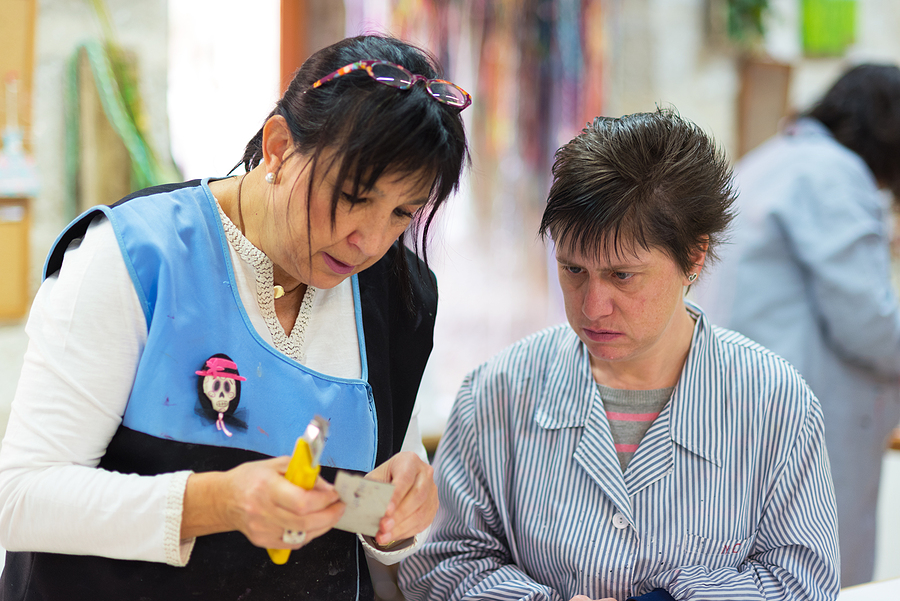Are you looking for a flexible and rewarding job that quenches your thirst for helping others? Do you have a passion for making people’s lives better? If you are the caring and compassionate type then working as an occupational therapy NDIS support worker could be right for you.
No matter why you want to be an occupational therapy NDIS support worker, there are undoubtedly a few things you should take into consideration first. Whilst being an occupational therapy NDIS support worker can be highly rewarding, it does come with many challenges and it takes a special kind of person to blossom in this line of work. If you are the right type of person and you’re passionate about this line of work then you’ll likely find you thrive.

The best people for this job are usually people who are very compassionate and have a great deal of empathy for other people. To excel in this field occupational therapy NDIS support workers should be highly organised and detail-oriented individuals. The most important aspect of their personality should be patience.
If you’d think you’d like to pursue a career in this field then you should know that there are a few things you’ll need to obtain; primarily you’ll need an Australia Business Number (ABN), you’ll also need a police check as well as a yellow and blue card. Working independently means you’ll be considered self-employed so it’s important to get professional insurance and to set a pay rate that covers your needs.
Insurance for occupational therapy NDIS support workers
Operating as an independent occupational therapy NDIS support worker means you get to be in charge of your own workday and work as your own boss. To work with clients, you’ll need to make sure that you have the correct insurance in place – at a minimum, this involves having indemnity and public liability insurance. Working for yourself means that you will need to protect yourself and the clients that you work with, should an accident take place. When working with the National Disability Insurance Scheme you’ll need to make sure you meet some basic requirements. Having the right insurance in place can protect you in the case of an accident but also in case of loss of income should you become injured on the job.
Pay rates for occupational therapy NDIS support workers
Being a sole trader means you are able to set an hourly rate although occupational therapy NDIS support workers should keep in mind that rate caps are set for participants of the scheme and so you will need to keep your rates within those caps. If you’re working with a participant who has a plan in place then you must ensure that your rates fit within the guidelines set by the scheme. If your costs are higher than the cap rate then participants will not be able to work with you or pay the costs involved. You can find information about the caps online.
Getting started
If you’re wondering how to get started or how to find clients, you may want to started by working with agencies who can help workers connect with clients seeking support in your relevant field. Getting into this field can be very rewarding and there are many pathways you can take. It can make it possible for you to organise your work around your life and make a real difference to lives of many people.
If you’re a qualified or skilled worker then why not start looking into the national disability insurance scheme and start your search for clients in your local area today?
